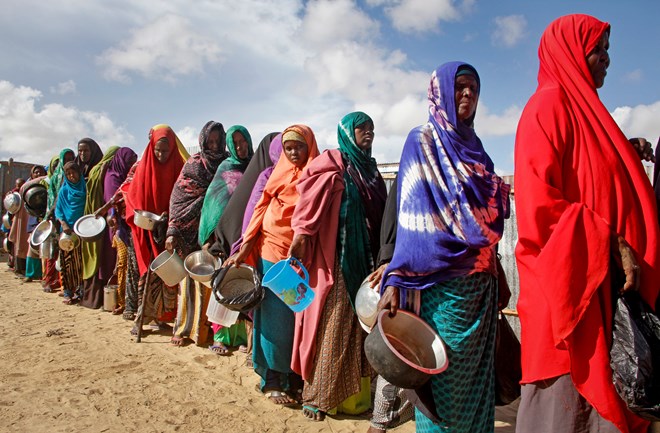Secretary of State Antony Blinken announced nearly $215 million in additional humanitarian aid today at the UN Security Council’s Ministerial on Food Security in New York, in response to the global food security crisis, which has been exacerbated by Russia’s war on Ukraine and its resulting impact on global markets. Around 768 million people were chronically hungry even before the war began. This new crisis has further exacerbated an already severe situation, with up to 40 million people expected to fall into poverty or face food insecurity by the end of the year.
The United States Agency for International Development (USAID) will use this additional funding to enhance emergency food security activities in numerous countries that are already experiencing food insecurity as a result of conflict drought, and other natural disasters, including Burkina Faso, Cameroon, Kenya, Nigeria, Zimbabwe, and Yemen.
In addition to announcing new humanitarian food assistance funding, the United States will issue a Roadmap for the Global Food Security Call to Action to reflect the outcomes of the ministerial-level meeting, outlining the commitments that countries have made to address these challenges.
With today’s announcement, the United States has provided nearly $2.6 billion in emergency food assistance since Russia’s further invasion of Ukraine began on February 24. This includes nearly $1.7 billion in humanitarian assistance to respond to worsening food insecurity around the world. It also includes USAID and the U.S. Department of Agriculture taking the extraordinary step to program the full balance of the Bill Emerson Humanitarian Trust as part of an effort to provide $670 million in food assistance to six countries facing severe food insecurity: Ethiopia, Kenya, Somalia, Sudan, South Sudan, and Yemen.
The United States is continuing to scale up assistance to respond to this crisis by increasing emergency food assistance in countries that have high levels of food insecurity and are vulnerable to price shocks. We are also continuing to call on other donors to increase funding to prevent this global food security crisis from getting even worse and use data analysis to project the potential impacts of the crisis on countries with existing humanitarian emergencies.

